10 Side Effects Of Asparagus You Should Be Aware Of
Discover why this ubiquitous side vegetable might be best consumed in limited quantities.

Image: Midjourney/ StyleCraze Design Team
Asparagus is well known for its nutrition-packed profile and health benefits (1), (2). However, just like the two sides of a coin, there are certain side effects of asparagus that you can not ignore. Asparagus is packed with antioxidants, vitamins, and minerals, is low in calories, and has made its way to many healthy weight loss diets. It is rich in fiber, has anti-aging properties, and is touted as one of the best detoxifying veggies (3), (4). However, there are certain things you need to keep in mind while consuming asparagus. To help you stay safe and keep you aware of its potentially harmful effects, we have summed up all the possible risks associated with asparagus. Read on to know more.
 Know The Flip Side: Asparagus
Know The Flip Side: AsparagusShort-Term Effects
Dry mouth, allergic reactions such as hives or blocked nose, and flatulence.
Long-Term Effects
May cause complications in pregnancy and during breastfeeding.
Drug Interactions
May interact with anti-hypertensive medications and diuretic drugs.
When To See A Doctor
If you experience extremely low blood pressure (especially if you have hypertension) and have conditions like edema.
In This Article
10 Side Effects Of Asparagus
Read on to know the answer to the following frequently asked question: Is asparagus good for you? We have discussed the side effects of eating asparagus and the right way to use it to avoid its negative effects below.
1. Might Experience A Dry Mouth

This is one of the significant side effects of asparagus. Asparagus stems are powerful natural diuretic veggies (5). This diuretic nature triggers frequent urination, leading to dehydration. The lesser the fluid levels are in your body, the more the dehydration levels will be. This, in turn, will leave you dry mouthed.
 Fun Fact
Fun Fact2. Bowel Mobility May Suffer A Setback


This springtime bright green veggie stalks are potential treasure troves of fiber. 100 grams of this vegetable contain 2.1% fiber, meeting up to 8% of the recommended daily value of the nutrient (2). Excessive intake of fiber is not advisable. The fiber eliminates the moisture, thus hardening the stools. Thus, in turn, affects the bowel movement in the small intestine negatively. The result – you might experience an obstruction in the intestine, accompanied by constipation, cramps, and pain.
3. Foul Smelling Urine

This is one of the most commonly reported side effects of asparagus consumption. This vegetable contains aspargusic acid, a compound that breaks down into sulfur compounds, which make your urine smell foul (5). However, keep in mind that the smell can vary depending on the genes, i.e., some genetic variants may not experience smelly urine.
4. Not Safe For People Having Edema Conditions
If you have an edema (swelling) due to some renal failure, cardiac disorders, or poor heart health, then please use asparagus carefully. Studies suggest that although nutrient-dense, this veggie might pose harm to people with such conditions. Asparagus has natural diuretic properties, which can increase urine production. While this might seem helpful, in cases of renal failure or heart problems, it could lead to imbalances in electrolytes and fluid levels, potentially worsening the condition (7). Hence, it is advisable to take the opinion of your healthcare provider in such cases to avoid any complications.
5. Could Develop Allergies To Asparagus

Allergic reactions have been reported in many cases after consuming this vegetable (8). Some of the most common allergic reactions include:
- Inflammation of the eye – allergic conjunctivitisi The inflammation or infection of the outer membrane of the eyeball or inner eyelid, characterized by redness of the eyes. with itching, redness, and swelling of the eyes
- Runny nose
- Blocked nose
- Irritating and itching throat
- Dry cough
- Hives on the skin with itches
- Inflammations on the skin with rashes, redness, and itching
- Difficulty in breathing/obstructed breathing
- Nauseai An uncomfortable feeling in the stomach, which may not always lead to vomiting but causes an urge to vomit.
- Lightheadedness
- Dizziness
- Headaches
A study was conducted on 27 people with asparagus allergy. The results showed that 8 had skin reactions, 17 had immune system reactions, and 2 had both. Of them, 10 people developed hives from handling asparagus, 8 had asthma triggered by it, 4 experienced severe reactions after eating asparagus, including 3 with life-threatening reactions. The study found that certain proteins in asparagus likely caused the severe cases (8).
6. May Cause Flatulence
Does asparagus cause gas? Well, yes. Foods rich in carbohydrates, especially dietary fiber, cause gas in the digestive tract. This disadvantage is also a common side effect of garlic. While studies suggest that people, on a daily average, pass gas 14 times (9). Asparagus is a trove of raffinose, the complex carbohydrate that contains 3 different sugar variants – glucose, fructose, and galactose (10). We do not possess the enzyme essential for breaking down this carbohydrate and hence, it gets fermented by bacteria, triggering the formation of gas in excess. Excessive gas puts you under the siege of burp as well as flatulence. Just make sure you do not overindulge in this healthy delight!
Asparagus also contains fructan, a carbohydrate, which may be difficult to digest and cause intolerance. The typical symptoms of fructan intolerance are gas, bloating, belching, distension, and constipation or diarrhea (11).
7. Not Safe For Those On Anti-Hypertensive Drugs
Asparagus is known to have a positive role in regulating the blood pressure level, thus alleviating the risks associated with hypertensioni A condition in which the pressure of blood flowing against arteries is too much. Also known as high blood pressure. (12). However, if you are hypertensive and you have been advised anti-hypertension medications, then please be a little extra cautious while indulging in asparagus. Anecdotal evidence suggests that asparagus could possibly react with the medications, forcing the blood pressure levels to fall down to a dangerous level.
8. Sudden Weight Loss

Weight loss is one of the undesirable side effects of consuming a large quantity of asparagus (13). People, especially, those who are on a weight loss track do have this temptation of overindulging in this green stalk. When consumed in excess, your weight does go down on the scale due to the diuretic nature of this vegetable. However, excess loss of water from the body could leave you under the attack of dehydration. Moreover, this could be an unwanted weight loss also. So, always keep your portion under check to avoid such unwanted effects.
9. Affects Pregnancy And Breastfeeding
Asparagus is not safe to use in medicinal amounts during pregnancy and breastfeeding (14). In fact, asparagus extracts are used for birth control, as it plays a role in affecting the hormones. A study on animals examined the antifertility effects of aqueous and ethanol extracts from the leaves and roots of Asparagus africanus. The aqueous extracts prevented implantation in 70% (leaves) and 77% (roots) of cases, while the ethanol extracts had less effect, preventing implantation in 48% (leaves) and 61% (roots). Both extracts also enhanced uterine contractions. The results suggest that certain species of asparagus might have contraceptive properties, but more research would be needed to fully understand its mechanisms and effectiveness in humans (15). There is no solid scientific evidence to recommend this veggie during pregnancy and breastfeeding. It is advisable to check with your doctor before going for it.
Many cultures consider this vegetable to symbolize fertility. Ancient Greeks believed it was an aphrodisiac and mentioned it in love poetry and ancient texts.
10. Interactions With Drugs
There are two cases, mainly, where asparagus has shown interacting with prescribed medications:
- With anti-hypertensive drugs: Asparagus possesses the potential to lower BP. So, together with anti-hypotension medications, it could result in a drastic dip of the blood pressure levels, leaving you in danger.
- With diuretic drugs: Diureticsi These substances cause diuresis, or increased urine production, which helps eliminate excess sodium and water from the body. are prescribed for people suffering from renal issues or edema conditions. These spears are natural diureticsi These substances cause diuresis, or increased urine production, which helps eliminate excess sodium and water from the body. and could actually accentuate the results of diuretic medications.
Therefore, individuals with kidney or heart issues, those on anti-hypertensive or diuretic medications, pregnant or breastfeeding women, and people with allergies or digestive sensitivities should exercise caution when consuming asparagus. Alternatives like spinach or broccoli may also offer similar nutritional benefits with fewer risks for those with sensitive conditions. It is advisable to take the advice of the consulting medical practitioner, if you are on any of the aforementioned drugs, to thwart undesirable consequences.
Besides limiting asparagus consumption, it is important to pick high-quality asparagus stalks to steer clear of potential issues from subpar asparagus. Learn more about it below.
Key Takeaways
- Although asparagus is known for its detoxifying and anti-aging benefits, it may have certain side effects as well.
- It can cause an allergic reaction or alter your bowel movements.
- Asparagus can interact with anti-hypertensive drugs and cause your BP to fall to an extremely low level.
- Pregnant and lactating women should also avoid eating asparagus.
How To Choose Asparagus
When selecting asparagus, it is important to follow a few simple guidelines to ensure you pick the best quality spears.
Start by examining the color; opt for vibrant green or purplish-green asparagus and avoid any yellowish or wilted ones. The tips should be tightly closed, showing no signs of flowering.
Further, check for firmness. If the asparagus does not easily bend, it means it is fresh. Stalks that are too thick might be tough and fibrous while those that are too thin might be overly tender. Hence, it is important to find the right balance. Last but not the least, inspect the cut ends of the asparagus. They should be moist and not dried out.
Cooking asparagus well is as important as getting it fresh. A blogger who runs the personal food blog Food Thoughtz, sharing their experience of overcooked asparagus, exclaims, “The worst is when it is slightly overcooked and so it’s too soft to cut or bite through cleanly, so you end up having to tear through a bunch of stringy, wet asparagus strands. The only way I could choke it down was by slathering it in butter first (i).”
Once you have chosen the best asparagus, it’s time to move on to some helpful preparation tips to ensure a delicious outcome.
Preparation Tips
When preparing asparagus, it’s important to handle it properly to keep its nutrients intact while reducing potential digestive discomfort. These simple tips will help you make the most of this healthy vegetable.
- Trim the woody ends of the stalks to avoid bitterness.
- Lightly steam or roast asparagus to preserve nutrients and avoid overcooking.
- Pair asparagus with healthy fats, like olive oil, to enhance nutrient absorption.
- Add lemon juice or herbs for extra flavor without masking the natural taste.
Infographic: Asparagus: Recommended Daily Intake
There is an infamous side effect associated with asparagus: stinky pee. This can, however, be the least of your worries if you are a devout supporter of this veggie.
As outlined above, consuming large quantities of asparagus regularly can lead to a host of health problems. Check out the infographic below for the general recommendations for asparagus consumption and a few points to keep in mind.
Some thing wrong with infographic shortcode. please verify shortcode syntax
Don’t panic after reading all the above potential side effects of asparagus. Akin to 2 sides of a coin, everything in this nature has a good and bad side. If consumed in the right amount, asparagus may have detoxification effects on the body. It may also help reduce cholesterol levels, boost energy, and aid sleep (16) (17). Anecdotal evidence suggests that it may even improve skin health and boost hair growth. So, it is up to you to identify the goodness over the bad to reap the benefits. Using every fruit, veggie, herb, and spice within the permissible levels will definitely bestow you with gifts. So, use asparagus in your daily cooking recipes in a judicious way and thwart the side effects.
Have you ever noticed any of these symptoms while consuming asparagus in excess amounts? What did you do to overcome those side effects of asparagus? Share your views and experiences with us below in the comments.
Frequently Asked Questions
Is it okay to eat asparagus every day?
Yes, asparagus can be eaten every day as it is loaded with many beneficial nutrients. It may help improve memory and cognitive function (18), fight stress, anxiety, and depression (19), lower blood sugar levels in people with diabetes (20) promote vision (21), and boost overall health. However, more human studies are needed to support these claims.
What is asparagus good for?
Asparagus has a high content of iron, potassium, calcium, magnesium, selenium, and various other essential nutrients. It is also high in fiber, which makes it a preferred vegetable for weight loss (1).
Can eating too much asparagus be harmful?
Although eating asparagus may not pose any serious side effects, eating it in excess may affect digestion and trigger gastrointestinal issues, gas, and bloating.
Is asparagus good for your liver?
Yes, consumption of asparagus is good for the liver. It is loaded with many polysaccharides that affect liver health positively.
Can kidney patients eat asparagus?
Yes, people with any kidney function disorders can eat asparagus in moderate amounts.
Illustration: Side Effects Of Asparagus You Should Be Aware Of
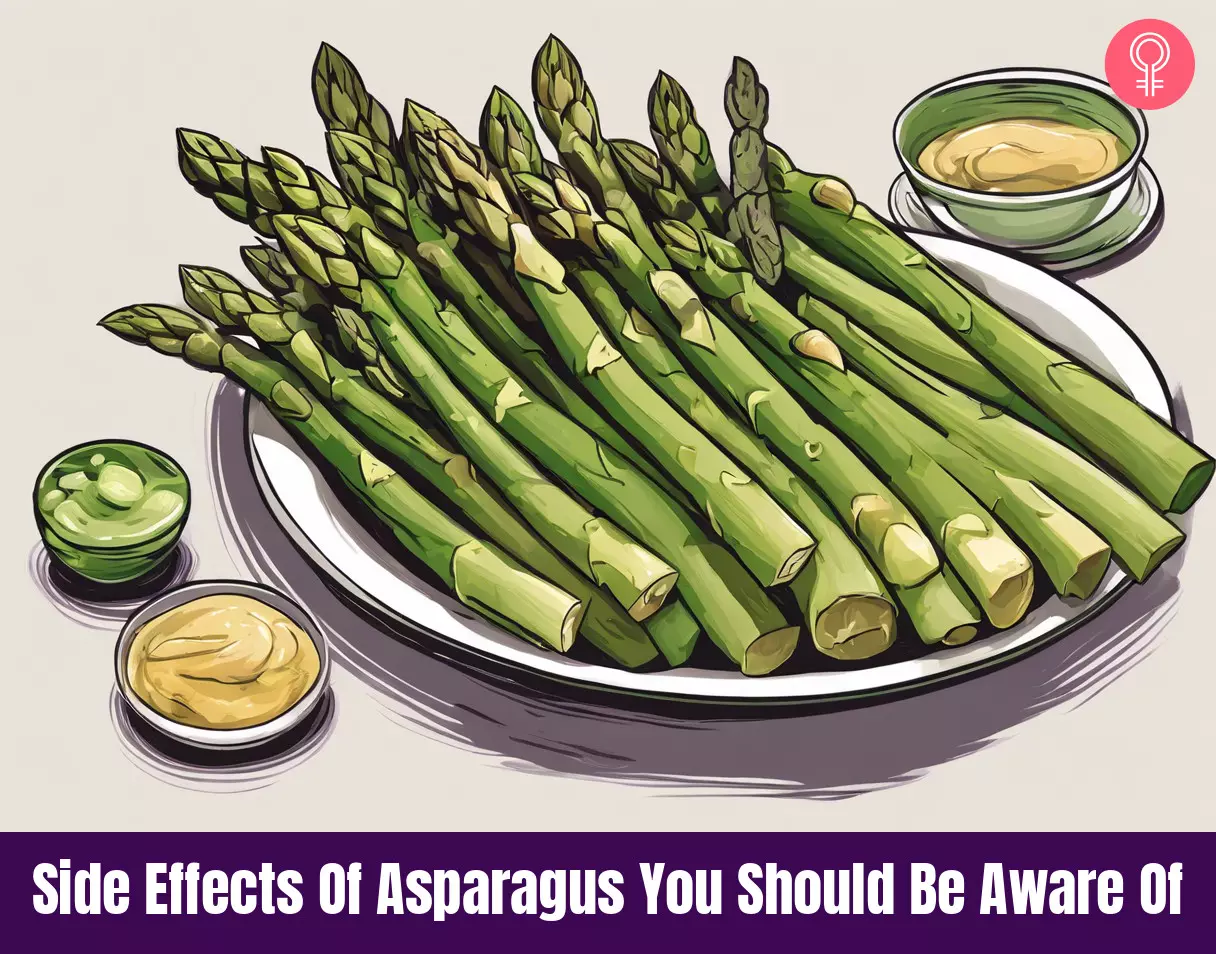
Image: Stable Diffusion/StyleCraze Design Team
Learn about asparagus’s amazing benefits and potential side effects and find out how this vegetable can improve your health and well-being. Check out the video below now!
Personal Experience: Source
StyleCraze's articles are interwoven with authentic personal narratives that provide depth and resonance to our content. Below are the sources of the personal accounts referenced in this article.
i. Asparagushttps://futterfurcht.blogspot.com/2014/04/asparagus.html
References
Articles on StyleCraze are backed by verified information from peer-reviewed and academic research papers, reputed organizations, research institutions, and medical associations to ensure accuracy and relevance. Read our editorial policy to learn more.
- Asparagus raw
https://fdc.nal.usda.gov/fdc-app.html#/food-details/168389/nutrients - Green and White Asparagus (Asparagus officinalis) A Source of Developmental Chemical and Urinary Intrigue
https://www.ncbi.nlm.nih.gov/pmc/articles/PMC7022954/ - Nutricosmetic effects of Asparagus officinalis a potent matrix metalloproteinase-1 inhibitor
https://pubmed.ncbi.nlm.nih.gov/33888836/ - Detoxification of phytotoxic compounds by TiO2 photocatalysis in a recycling hydroponic cultivation system of asparagus
https://pubmed.ncbi.nlm.nih.gov/18500814/ - A Review of the Pro-Health Activity of Asparagus officinalis L. and Its Components
https://pmc.ncbi.nlm.nih.gov/articles/PMC10814860/ - Excretion and Perception of a Characteristic Odor in Urine after Asparagus Ingestion a Psychophysical and Genetic Study
https://www.ncbi.nlm.nih.gov/pmc/articles/PMC3002398/ - Diuretic-associated electrolyte disorders in the elderly: risk factors impact management and prevention
https://pubmed.ncbi.nlm.nih.gov/24410347/ - Diversity of asparagus allergy clinical and immunological features
https://pubmed.ncbi.nlm.nih.gov/14720273/ - Gas and Bloating
https://pmc.ncbi.nlm.nih.gov/articles/PMC5350578/ - Sugar Composition in Asparagus Spears and Its Relationship to Soil Chemical Properties
https://pmc.ncbi.nlm.nih.gov/articles/PMC8114155/ - Diet in irritable bowel syndrome What to recommend not what to forbid to patients!
https://www.ncbi.nlm.nih.gov/pmc/articles/PMC5467063/ - Green asparagus (Asparagus officinalis) prevented hypertension by an inhibitory effect on angiotensin-converting enzyme activity in the kidney of spontaneously hypertensive rats
https://pubmed.ncbi.nlm.nih.gov/23647085/ - Asparagus cochinchinensis alleviates disturbances of lipid metabolism and gut microbiota in high-fat diet-induced obesity mice
https://pmc.ncbi.nlm.nih.gov/articles/PMC9616603/ - Adverse effects of herbs as galactogogues
https://www.ncbi.nlm.nih.gov/pmc/articles/PMC6003012/ - Antifertility effect of aqueous and ethanol extracts of the leaves and roots of Asparagus africanus in rats
https://pmc.ncbi.nlm.nih.gov/articles/PMC2567240/ - Hypocholesterolemic and Hepatoprotective Effects of “Triguero” Asparagus from Andalusia in Rats Fed a High Cholesterol Diet
https://www.ncbi.nlm.nih.gov/pmc/articles/PMC3235947/ - Improved Sleep Quality and Work Performance Among Shift Workers Consuming a “Foods with Function Claims” Containing Asparagus Extract
https://pubmed.ncbi.nlm.nih.gov/33678782/ - Neuroprotective Effects of Asparagus officinalis Stem Extract in Transgenic Mice Overexpressing Amyloid Precursor Protein
https://www.ncbi.nlm.nih.gov/pmc/articles/PMC8128539/ - Antidepressant-like effect of a standardized hydroethanolic extract of Asparagus adscendens in mice
https://www.ncbi.nlm.nih.gov/pmc/articles/PMC6533926/ - Asparagus officinalis extract controls blood glucose by improving insulin secretion and β-cell function in streptozotocin-induced type 2 diabetic rats
https://pubmed.ncbi.nlm.nih.gov/22221560/ - The Preventive Effects of Asparagus officinalis Extract on Sodium Selenite-Induced Cataractogenesis in Experimental Animal Models
https://www.ncbi.nlm.nih.gov/pmc/articles/PMC7704146/
Read full bio of Lakshmi Tejasvi.M
Read full bio of Tanya Choudhary
Read full bio of Ravi Teja Tadimalla
Read full bio of Moksha Gandhi





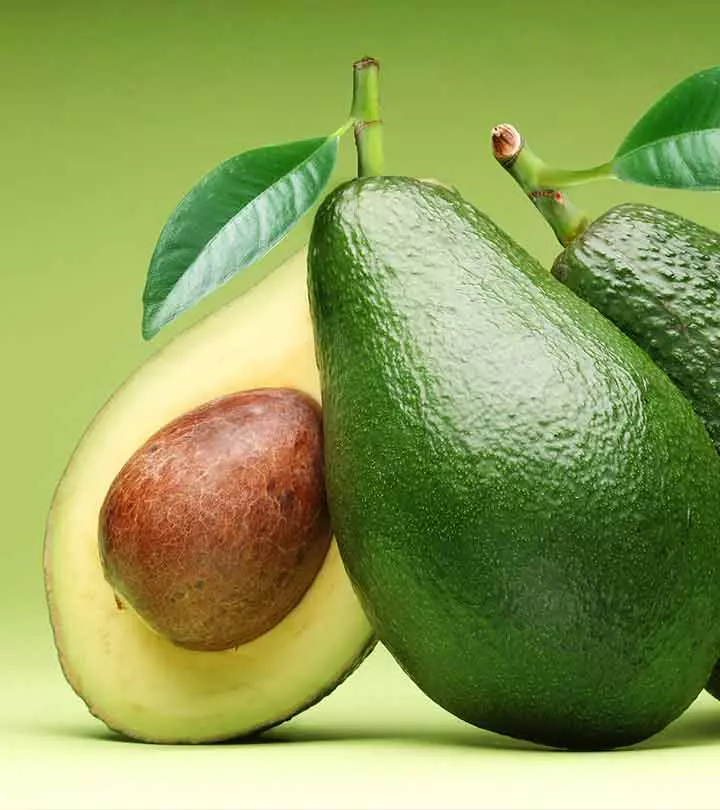
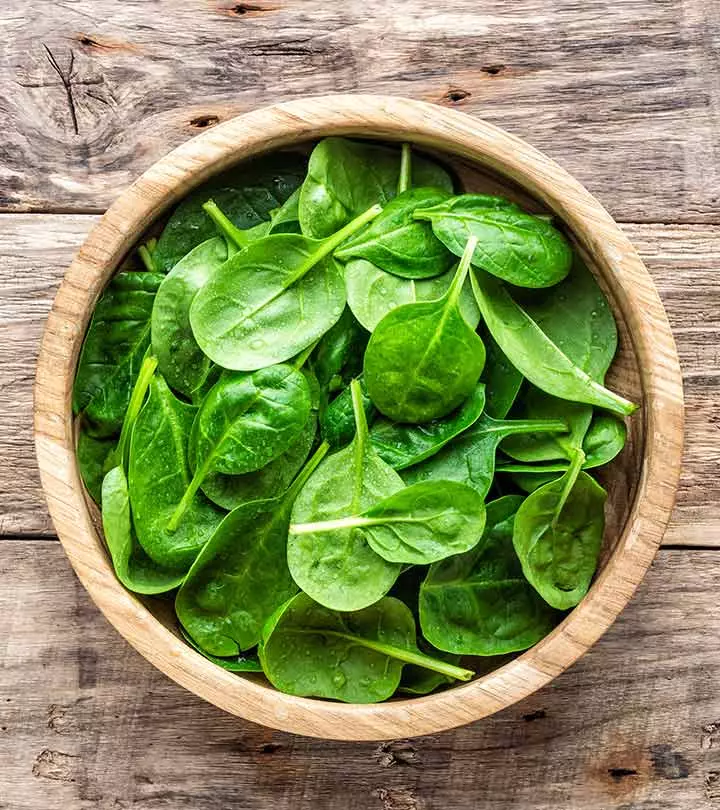

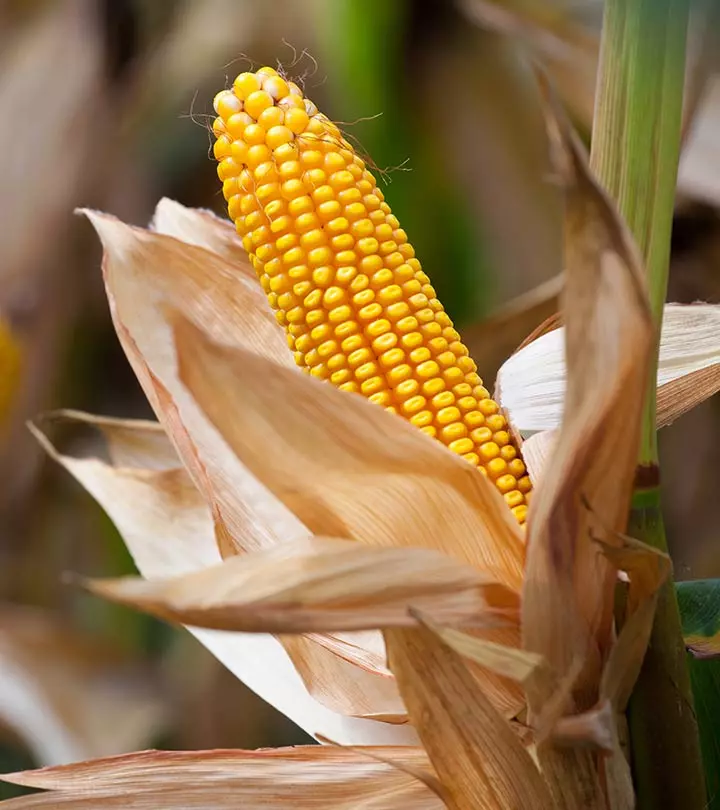


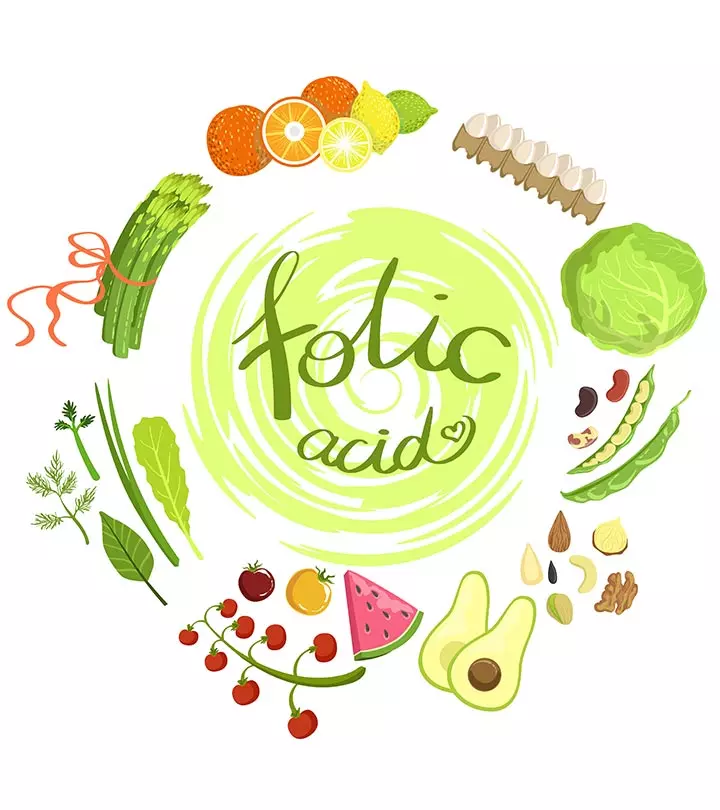




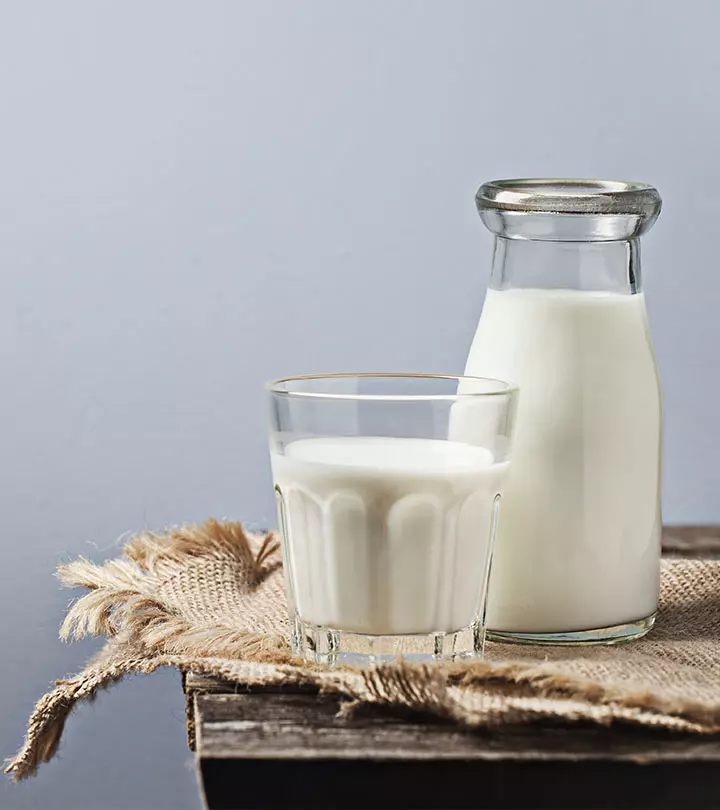
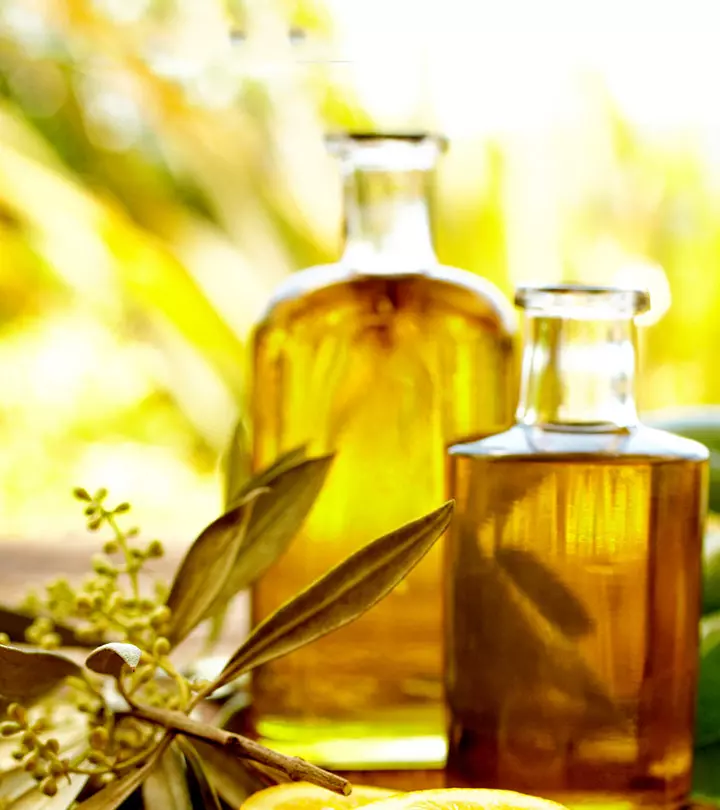


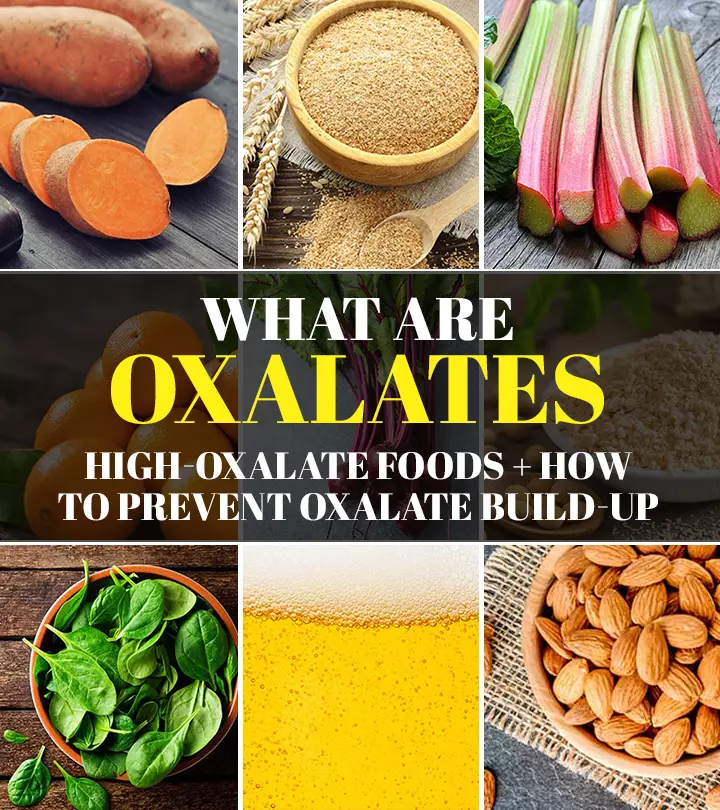



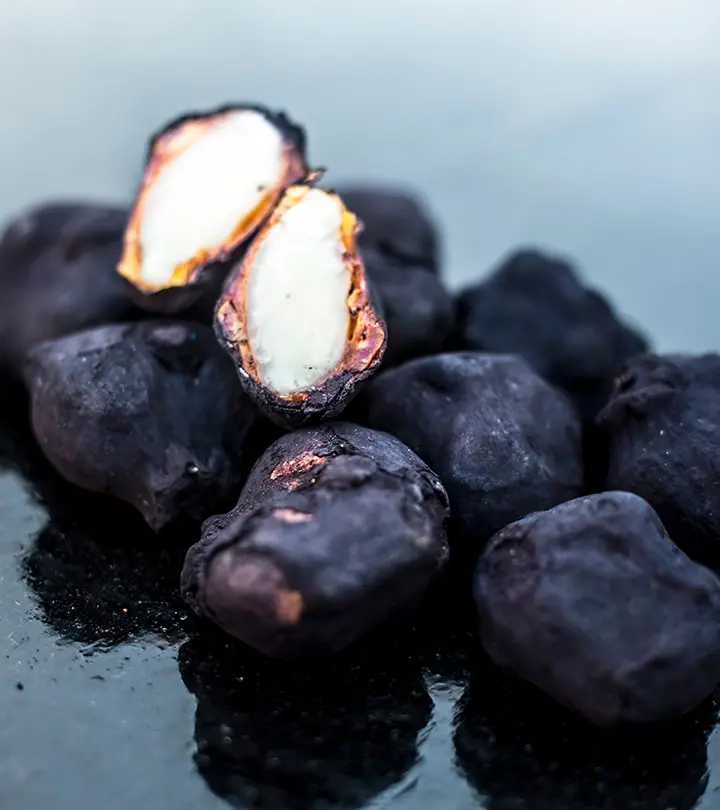
Community Experiences
Join the conversation and become a part of our empowering community! Share your stories, experiences, and insights to connect with other beauty, lifestyle, and health enthusiasts.